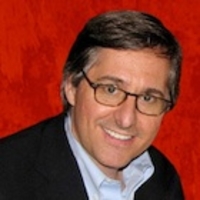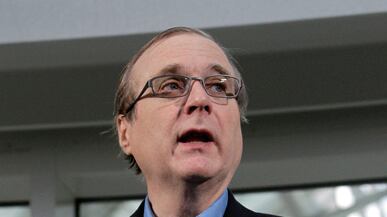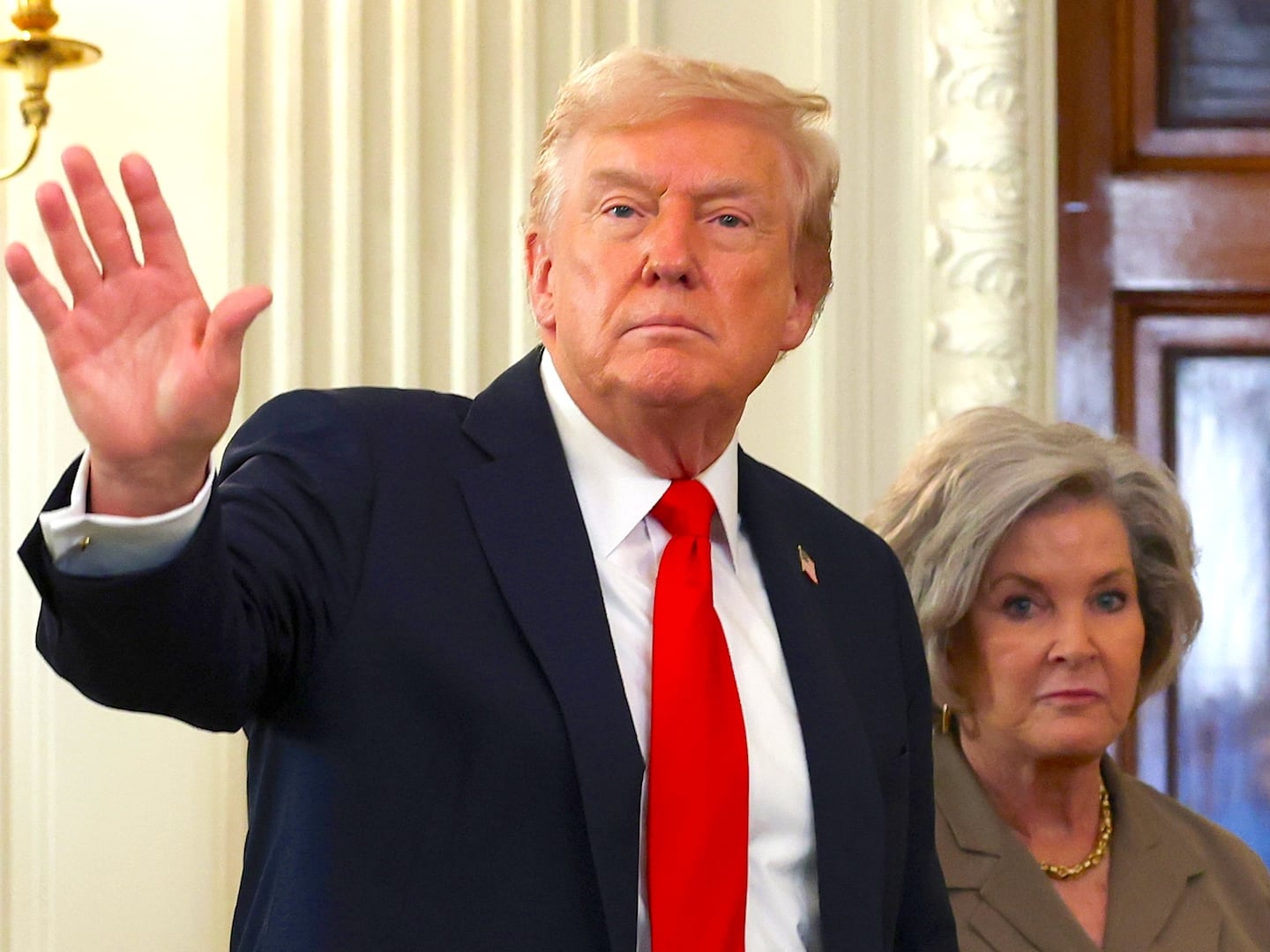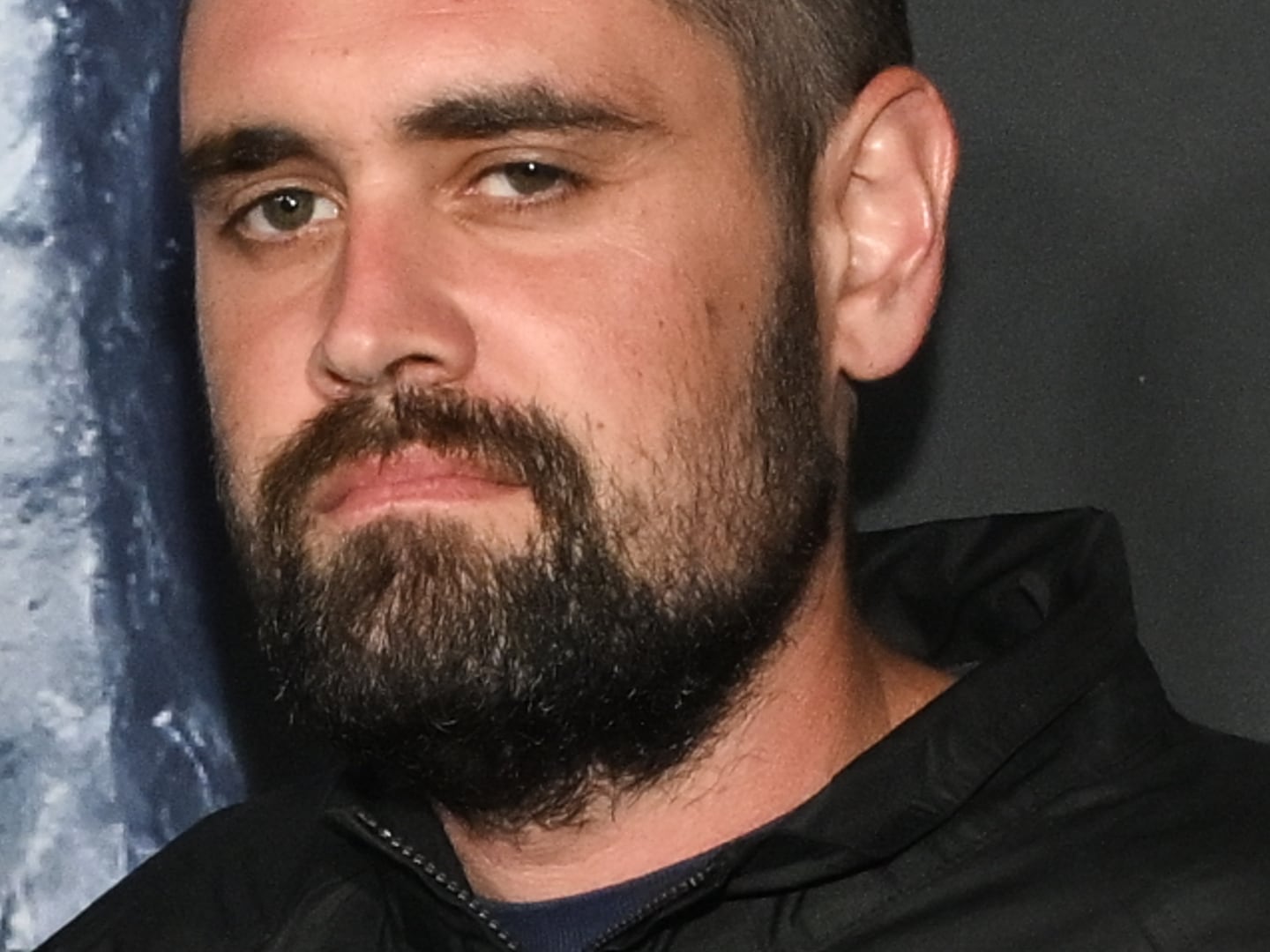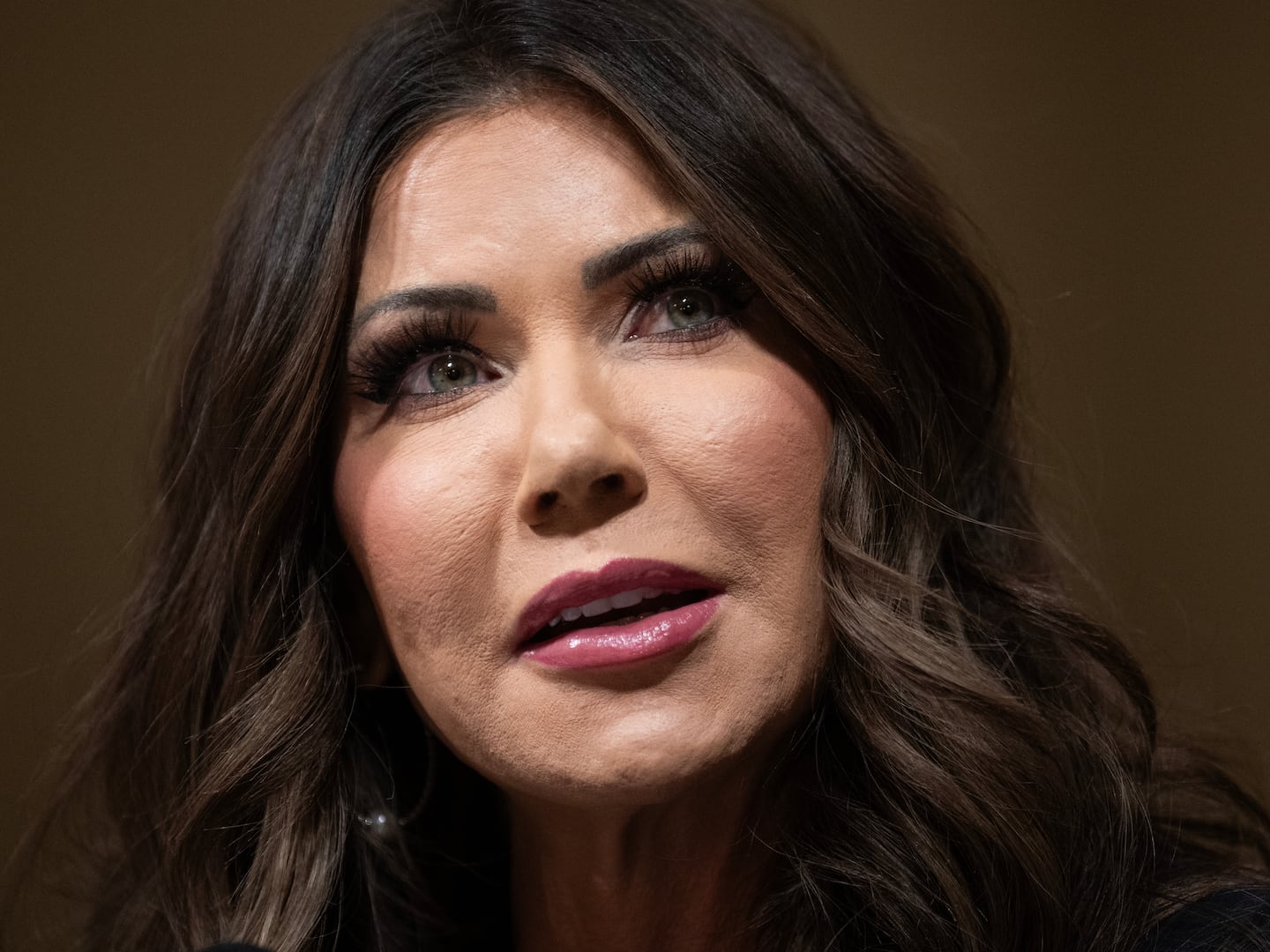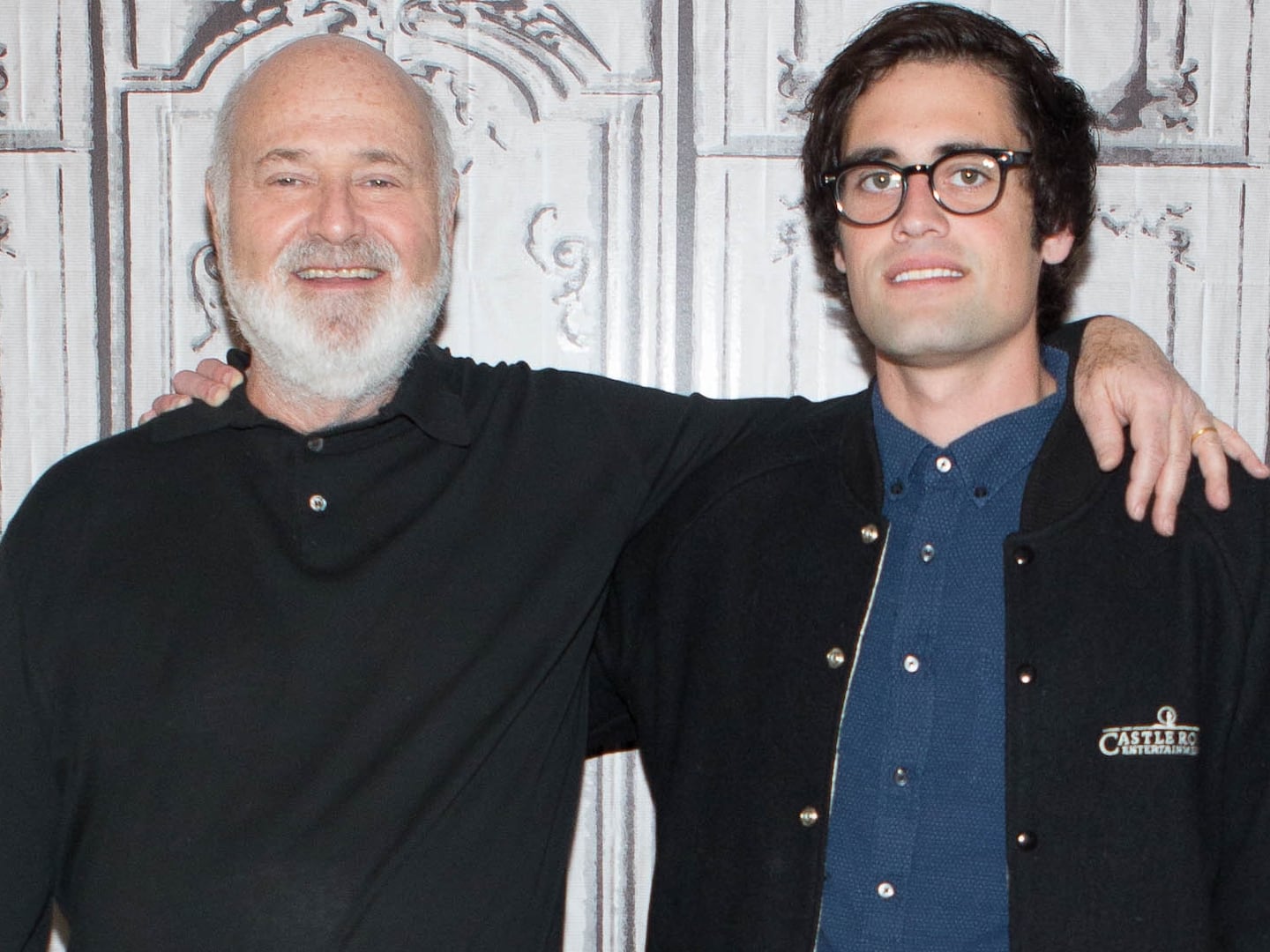If there is anyone in the world who needs to be quiet, it’s Paul Allen. Allen was a co-founder of Microsoft, but you’ve probably never heard of him, and for good reason. He quit the company in 1983, long before Microsoft became a powerhouse, and he really had very little to do with the company’s success. Nevertheless, he owned enough stock that today he is worth $13 billion.

Now he is publishing a memoir, Idea Man, in which he complains that his co-founder, Bill Gates, cheated him out of shares in the company. Allen says he didn’t get enough credit for making Microsoft a success, and that Gates was a rude jerk to everyone around him. An excerpt from the book is running in Vanity Fair.
In this Allen comes to resemble Eduardo Saverin, the co-founder of Facebook who, as legend has it, got duped out of his shares by Mark Zuckerberg and then pushed out of the company. Saverin ended up suing Zuckerberg and clawing back some of his stock. Supposedly he got shares that are now worth more than $1 billion. But that hasn’t stopped him from being bitter.
As for Allen, the truth is, he may be one of the luckiest people on earth—at least financially. (He’s been suffering with Hodgkin’s lymphoma, a kind of cancer, since 1982.) For eight years of work, he has become one of the richest people on the planet.
Paul Allen may be one of the luckiest people on earth—at least financially. For eight years of work, he has become one of the richest people on the planet.
And what, exactly, did Allen do? The first project he and Gates tackled was writing a version of the BASIC computer language for a hobbyist computer in 1975. The device was a toy by today’s standards. It took Gates and Allen all of three months to create the first version of the software. Three months! And Gates did most of the work. Allen reckons Gates wrote 45 percent of the code, and Allen did 25 percent, and the rest came from someone else. In Allen’s own version of events, he’s the one slipping off for a few hours sleep, while Gates is the one staying up all night going over the code one more time.
Their next big claim to fame involved the DOS operating system which ran on early PCs in the 1980s. IBM wanted an operating system for its original PC, in 1981. They went to Microsoft. Microsoft didn’t have one. But Gates and Allen realized how big the opportunity was.
They found a guy in Seattle who had created an operating system called QDOS, and they bought it from him for a whopping $50,000. They changed the name to MS-DOS, licensed it to IBM and every other hardware maker, and made a fortune.
Yes, that is the legacy of Paul Allen. He and Bill Gates snookered a guy into selling an operating system for next to nothing, and then sold it to someone else for a lot more. For Allen, that’s pretty much where the story ends, because he left soon after that, in 1983.
Gates stayed on and built Microsoft into a multibillion-dollar powerhouse, first by copying the Macintosh operating system and calling it Windows, and then by using Windows to give advantages to his own desktop productivity applications (the Office suite of Word, Excel, and so on) and killing off everyone else in the space.
Then Gates transformed himself into a philanthropist, committing his billions to eradicating poverty and diseases like malaria.
What has Paul Allen done? Well, he’s bought sports teams, like the Seattle Seahawks and the Portland Trailblazers. He owns two Dr. Evil-style yachts, called Octopus and Tatoosh. He built a museum in Seattle devoted to Jimi Hendrix and science fiction. He’s made a bunch of disastrous investments in companies that didn’t pan out.
But according to the memoir, Allen is still angry because more than three decades ago Gates demanded 60 percent share of the new company, and later increased his demand to 64 percent, with Allen getting only 36 percent. Allen says Gates’ “self-interest overrode all other considerations,” and that, after one argument with Gates over ownership shares, “in that moment, something died for me.”
What’s the lesson in all this? For one thing, the old cliché about money not buying happiness appears to be true. Here’s Paul Allen, with all his billions, still nursing a grudge over something that happened more than 30 years ago.
The other lesson is that getting super-rich seems to do some weird things to otherwise normal people. Gates, it’s worth noting, is not leaving his fortune to his kids—in part, he says, because he thinks it wouldn’t be good for them. He should know. He has only to look around him to see how nutty people get when they stumble into great fortunes without doing anything to earn them.
Dan Lyons is technology editor at Newsweek and the creator of Fake Steve Jobs, the persona behind the notorious tech blog, The Secret Diary of Steve Jobs. Before joining Newsweek, Lyons spent 10 years at Forbes.
